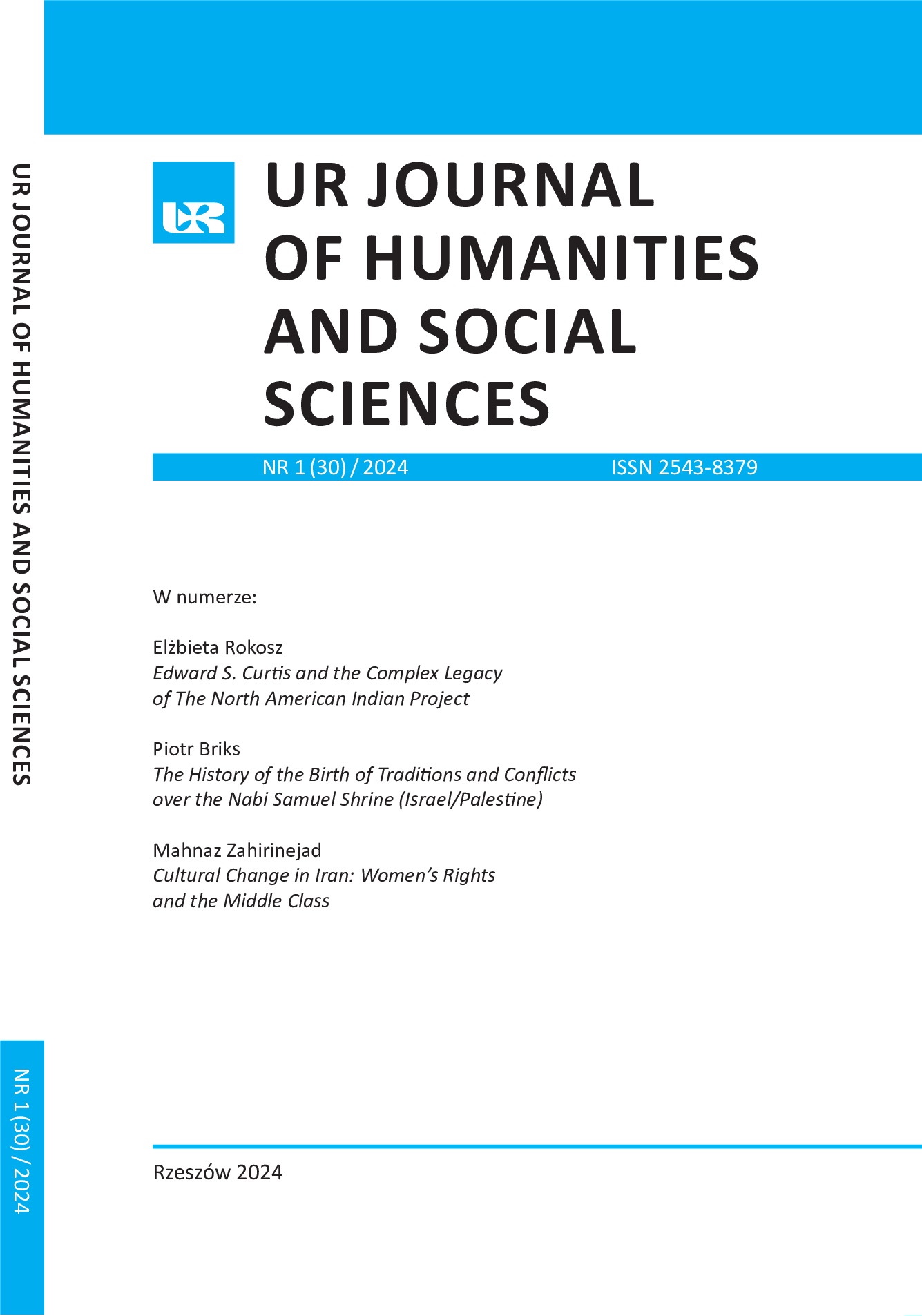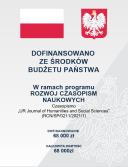The theory of "education" of secret collaborator [TW] – analysis of assumptions
DOI:
https://doi.org/10.15584/johass.2024.1.4Keywords:
Training, education, work organization and control of secret collaborators, operational activities of the Security ServiceAbstract
In 1984, lecturers at Zakład Teorii Pracy Operacyjnej Departamentu Szkolenia I Doskonalenia Zawodowego [the Department of Operational Work Theory of the Department of Training and Professional Development] of Ministerstwo Spraw Wewnętrznych [the Ministry of Internal Affairs] of the Polish People's Republic published four studies concerning the training, education, work organization and control of secret collaborators, the so-called TW. According to these publications, dedicated to Security Service officers, education was “the conscious, purposeful and systematic activity of an operational employee, which shapes (instills) and consolidates certain positive attitudes and personal characteristics of secret collaborators necessary – in a given political and operational situation – for effective partnership with the Security Service.” In the presented text the assumptions of this concept are analysed.
Downloads
Downloads
Published
How to Cite
Issue
Section
License
Copyright (c) 2024 Wydawnictwo Uniwersytetu Rzeszowskiego

This work is licensed under a Creative Commons Attribution-NonCommercial 4.0 International License.



